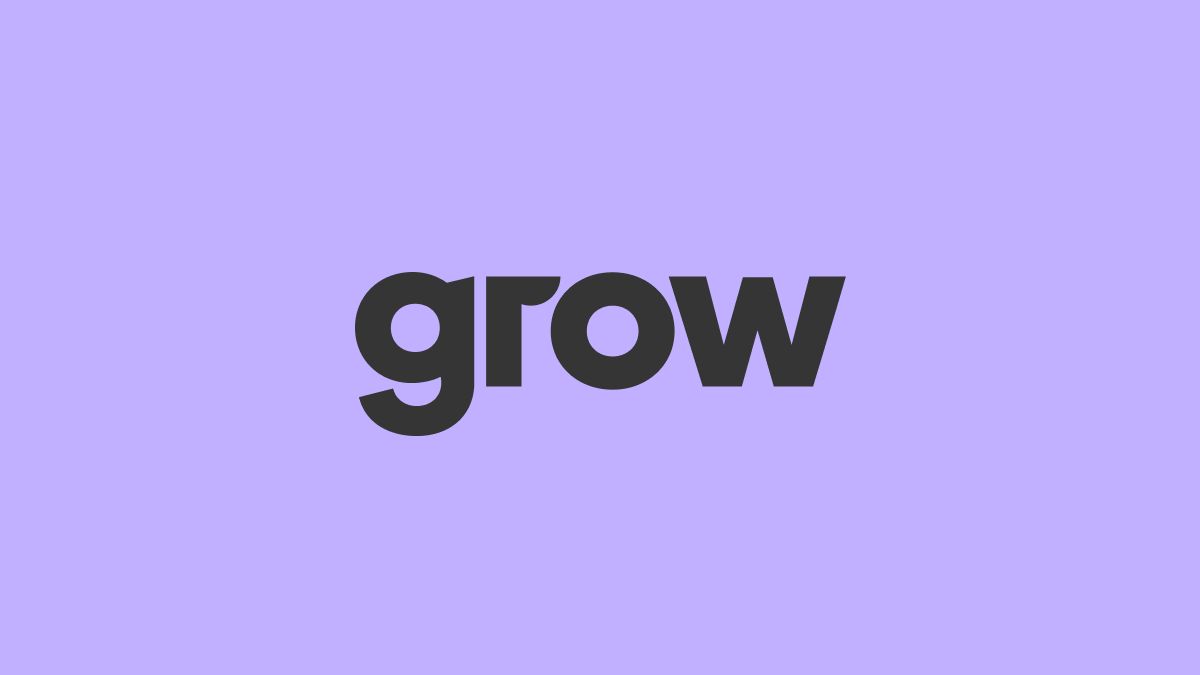New features have reduced no-show rates by 70%, increasing the strength of relationships between clients and their behavioral health providers.
Improving Engagement Early in Care Journey
Grow’s technology team added a capability that helps providers book return visits when clients are most engaged, increasing the chances of clients attending multiple sessions, which research shows enhances therapy outcomes.
The team also built functionalities to improve appointment follow-through, leading to significant results: since January 2024, missed appointments have decreased by 42% for clients and 70% for providers, reducing no-show rates to 2.3% and 0.3%, respectively.
“Establishing a reliable relationship between a client and their behavioral health provider is essential for an effective therapy experience. Grow’s technology encourages consistency, which increases the likelihood that a client will see noticeable improvements in their mental health,” said Cynthia Grant, PhD, LCSW, Head of Clinical Excellence at Grow.
Increasing Connection During Appointments
Since most behavioral health visits are an hour or less, improving attendance requires maximizing the quality time clients spend with providers by minimizing time wasted on logistics.
Grow simplified the collection and management of treatment information, enabling providers to fully focus on their clients.
Critical resources like the PHQ-9 and GAD-7 for measuring depression and anxiety were integrated directly into sessions, allowing providers to easily access notes and symptom screenings without distractions.
This provider-centric approach to innovation is fostering loyalty, with more than 90% of clinicians preferring Grow over other behavioral telehealth systems.
Recognizing that mental and emotional needs fluctuate, Grow now facilitates clients sharing information about their current mood before each session, giving providers additional insight as they prepare for appointments.
Alan Ni, Grow’s Chief Technology Officer, emphasized the importance of these details in delivering high-quality behavioral health care. He noted,“It’s crucial that clients feel their therapist is engaged and responsive. We’re excited to give providers seamless access to the information they need during a telehealth session so they can stay completely present.”
Measuring Progress in Behavioral Health
Minimizing friction points is central to Grow’s Measurement Informed Care (MIC) platform.
Historically, measurement in behavioral healthcare has been sparse, partially because it adds paperwork to already packed schedules. Making measurement instruments easier to administer and record gives both providers and clients a clearer picture of progress without the procedural hassle.
- MIC collects self-reported symptoms from evidence-based questionnaires.
- The data are used to gauge progression over the course of treatment.
- Providers can tailor treatment strategies to deliver care best suited to clients’ therapeutic journeys.
“We have committed to bring more transparency to behavioral health care to strengthen therapeutic relationships and improve health outcomes. Investing in tooling that gives Grow providers and their clients intelligent feedback helps us do exactly that,” said Manoj Kanagaraj, MD, Chief Strategy Officer and Co-Founder of Grow Therapy.
About Grow Therapy
Grow Therapy is a provider-centric behavioral health technology company improving access to high-quality mental healthcare.
Grow Therapy provides therapists and prescribers with a suite of business tools and services, peer community, and pipeline of expertly matched patient referrals so that they can set up and grow thriving in-person and virtual private practices, within the communities they care about most. As a result, more Americans are accessing a wide variety of providers who not only best match their needs, but who take their insurance.
Grow Therapy’s network includes more than 14,000 providers and works with major insurers including Humana, Aetna, Cigna, Florida Blue Cross Blue Shield, and UnitedHealthcare. Some of Grow Therapy’s key investors include Sequoia Capital, Goldman Sachs Alternatives, Transformation Capital, TCV, SignalFire, and Plus Capital.
